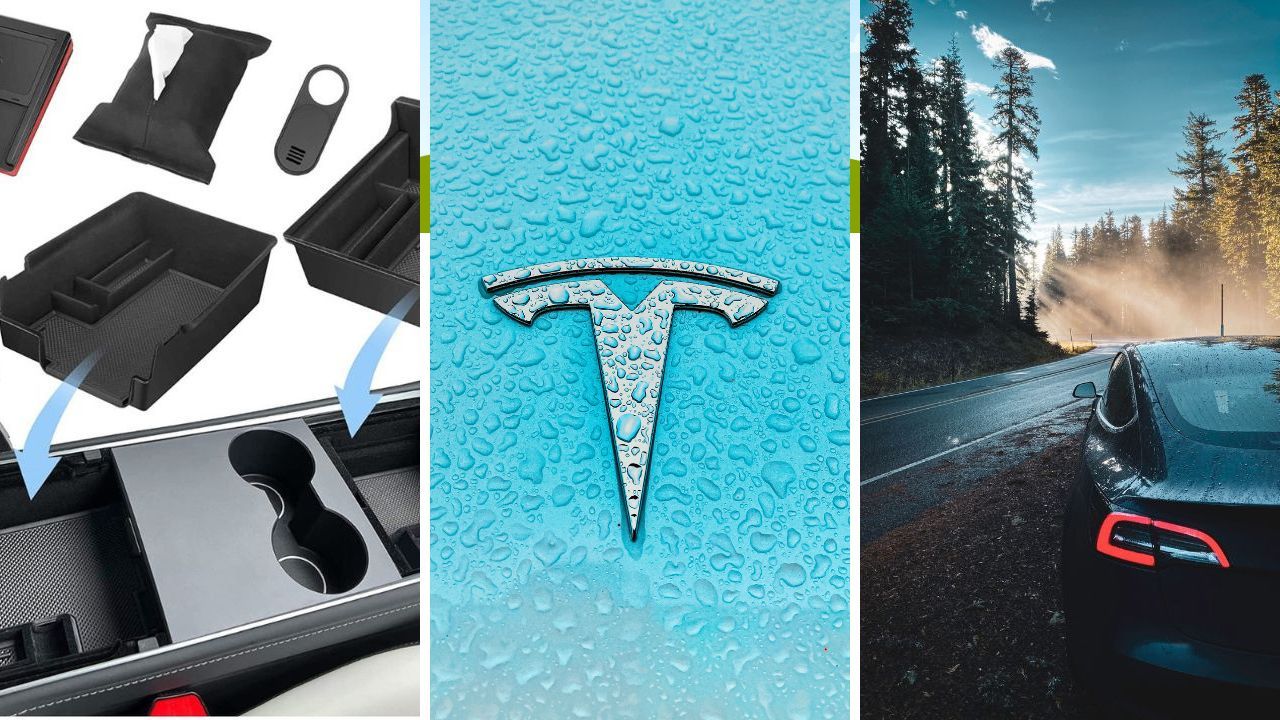Climate change is one of the most pressing global challenges of our time. With the rising awareness of its disastrous consequences, businesses are taking the initiative to combat it through various means, and one prominent approach is decarbonization.
Decarbonization refers to the process of reducing and ultimately eliminating carbon dioxide (CO2) and other greenhouse gas emissions from human activities.
This comprehensive strategy is crucial in achieving a sustainable and low-carbon future for our planet. In this article, we will explore how different brands are playing a crucial role in this endeavor across various sectors.
Policy Pioneers
Leading brands are taking active roles in supporting and navigating governmental policies and international agreements aimed at greenhouse gas reductions.
By aligning their business strategies with these regulations, they not only demonstrate corporate responsibility but also contribute significantly to achieving global climate goals.
These companies act as pioneers, driving the necessary changes in their industries and inspiring others to follow suit.

Technological Trailblazers
Innovative technologies are essential for effective decarbonization. Forward-thinking brands are actively investing in research and development to adopt cutting-edge technologies that reduce carbon emissions across their operations.
From implementing renewable energy solutions such as solar and wind power to exploring carbon capture and storage technologies, these brands are leading the charge in adopting green practices.
Leaders in Corporate Responsibility
Corporate responsibility has become a defining factor for many consumers when choosing products and services. Brands that take their commitment to sustainability seriously are incorporating decarbonization initiatives into their core values and business models.
By setting ambitious carbon reduction targets, investing in eco-friendly practices, and conducting transparent sustainability reporting, these companies are inspiring their peers and fostering a greener business landscape.

Answering Public Demand
Public awareness and concern about climate change have significantly grown in recent years. Brands are now facing a demand from consumers to adopt clean and sustainable practices actively.
In response, companies are making efforts to incorporate greener alternatives, reduce waste, and adopt eco-friendly packaging. Brands that listen to their customers and prioritize sustainability are gaining a competitive edge in the market.
Renewable Revolutionaries
Transitioning from fossil fuels to renewable energy sources is a key aspect of decarbonization. Some brands are leading the way by aggressively pursuing renewable energy strategies.
They are not only powering their own operations with clean energy but also investing in renewable infrastructure to accelerate the global shift away from carbon-intensive energy sources.

Efficiency Experts
Improving energy efficiency is a crucial part of the decarbonization process. Brands that are actively seeking ways to optimize their energy usage in various sectors, including buildings, transportation, and manufacturing, are making substantial contributions to reducing their carbon footprints.
Through innovations in energy-efficient technologies and practices, these brands set an example for others to follow.
Carbon Capture Champions
Carbon capture and sequestration technologies are gaining traction as viable solutions to offset carbon emissions.
Some pioneering brands are at the forefront of developing and deploying these technologies to capture and store CO2 emitted during industrial processes.
By actively engaging in carbon capture initiatives, they are helping to mitigate the impacts of greenhouse gases on the environment.
Sustainable Agriculture Advocates
The food industry is a significant contributor to greenhouse gas emissions, primarily through agricultural practices and livestock.
Brands that prioritize sustainable agriculture are promoting practices that reduce emissions and protect the environment.
From supporting regenerative farming techniques to sourcing ingredients responsibly, these companies are working towards decarbonizing the food industry.

Visionaries of a Green Future
Ultimately, decarbonization is not just about reducing emissions; it's about envisioning and shaping a sustainable and green future. Brands that integrate this vision into their long-term strategies are inspiring others and driving positive change on a global scale.
By prioritizing the environment, they are making a positive impact on climate change and contributing to a more sustainable world for future generations.
Decarbonization is a multi-faceted and vital approach to combat climate change, and brands are playing a pivotal role in driving this transformation.
From adopting innovative technologies to embracing corporate responsibility and responding to public demand, these companies are leading the way towards a cleaner, more sustainable future.
By following in their footsteps, businesses across the globe can collectively create a significant and positive impact on our planet's health.
Some Final Thoughts
In conclusion, as the global climate crisis intensifies, brands are stepping up as climate champions, leading the charge in combating climate change through ambitious decarbonization initiatives.
By aligning their strategies with governmental policies and international agreements, these policy pioneers are setting new standards for corporate responsibility. Technological trailblazers are driving innovation with renewable energy solutions and carbon capture technologies, reshaping industries for a greener future.
Meanwhile, by answering the growing public demand for sustainability, these brands are reshaping consumer choices and market dynamics. Spearheading the renewable revolution, they are transitioning towards cleaner energy sources.
Efficiency experts are optimizing energy usage, and carbon capture champions are pioneering advanced technologies to reduce emissions. Moreover, sustainable agriculture advocates are promoting eco-friendly practices in the food industry.
Together, these visionary brands are shaping a sustainable world, inspiring others to follow suit, and demonstrating that decarbonization is not just a necessity but a collective responsibility for safeguarding our planet's future.
FAQs About Decarbonization
1.What is decarbonization?
Decarbonization is the process of reducing and eliminating carbon dioxide (CO2) and other greenhouse gas emissions from various human activities, industries, and systems to combat climate change and achieve a low-carbon future
2. Why is reducing carbon dioxide and greenhouse gas emissions important?
Decarbonization is crucial because greenhouse gas emissions are the primary drivers of climate change. By reducing these emissions, we can mitigate the adverse impacts of global warming, such as rising sea levels, extreme weather events, and disruptions to ecosystems.
3. How can brands contribute to decarbonization?
Brands can contribute to decarbonization by implementing sustainable practices, adopting renewable energy sources, improving energy efficiency, supporting carbon capture technologies, and promoting eco-friendly initiatives throughout their supply chains.
4. What are some innovative technologies used in decarbonization efforts?
Innovative technologies employed for decarbonization include renewable energy sources like solar and wind power, advanced battery storage, carbon capture and storage (CCS) systems, and green hydrogen production.
5. What role do governmental policies play in decarbonization?
Governmental policies and international agreements set guidelines and regulations for carbon emissions reduction. Brands that align their strategies with these policies demonstrate corporate responsibility and accelerate the global decarbonization efforts.
6. How does decarbonization benefit businesses?
Decarbonization offers various benefits to businesses, including enhanced brand reputation, improved operational efficiency, reduced operational costs through energy optimization, and access to emerging markets focused on sustainability.
7. Can individual actions contribute to decarbonization?
Absolutely. Individual actions like reducing personal energy consumption, using public transportation, choosing sustainable products, and supporting environmentally conscious brands can collectively contribute to decarbonization efforts.
8. What are carbon capture and storage (CCS) technologies?
Carbon capture and storage technologies involve capturing CO2 emissions from industrial processes or power plants and storing them in geological formations, preventing the release of CO2 into the atmosphere.
How can the food industry contribute to decarbonization and start reducing carbon emissions?
The food industry can contribute to decarbonization by adopting sustainable agricultural practices, reducing food waste, promoting plant-based diets, and optimizing transportation and packaging to lower carbon emissions.
10. Is it economically feasible to invest in decarbonization initiatives?
Yes, investing in decarbonization initiatives can be economically viable in the long run. While initial costs may vary, the benefits include improved energy efficiency, reduced operational expenses, access to green markets, and a positive impact on brand value, making it a financially sound decision.
Conclusion
Picture this - a world where we don't have to worry about carbon dioxide emissions because all our energy systems run on low carbon energy sources. Sounds too good to be true? It's not! Decarbonization is the name of the game.
This process involves reducing greenhouse gas emissions produced by industries and transportation and shifting towards zero net emissions.
It's all about embracing green technology like electric vehicles and solar power to cut greenhouse gas emissions and protect our planet. Let's face it, there's nothing cool about destroying the environment.
So let's make low carbon fuels the new trend and leave those harmful global emissions in the past.
















Member discussion